Living alone comes with perks: no one steals your leftovers, your playlist rules the space, and pants are optional. Yet solo living also comes with blind spots, especially when it comes to safety. Here are common mistakes that can turn that sweet independence into unnecessary risk.
Leaving Doors and Windows Unlocked
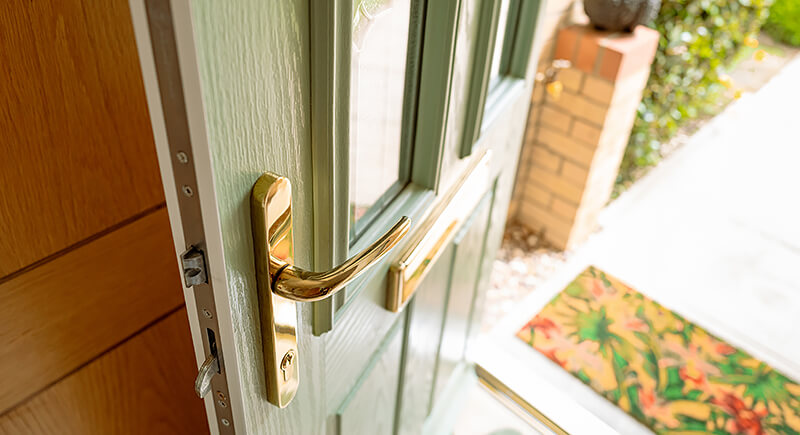
According to the FBI, nearly 40% of burglaries are unforced entries. Thieves don’t need to break a window when the back door’s wide open. A quick check before bed or leaving the house can make all the difference. That two-second habit might be the strongest security measure you’ve got.
Posting Real-Time Updates Online
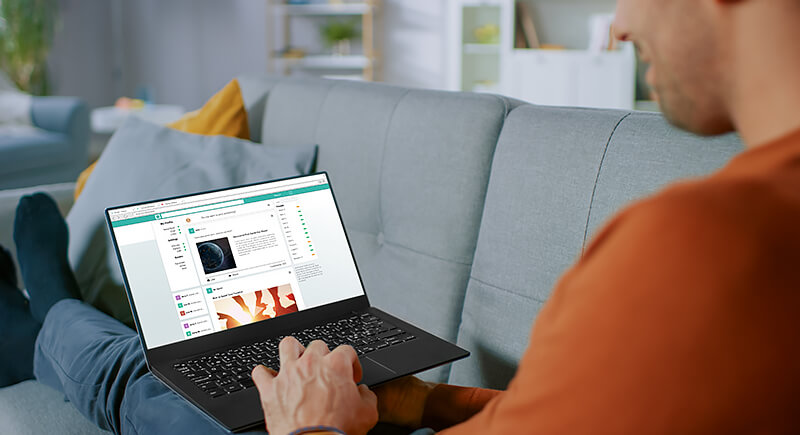
When you post your location or weekend plans while you’re out, you’re letting more people know than you think. Anyone can see that you’re not home. It’s safer to save those updates for later, after you’re back.
Forgetting to Change the Locks
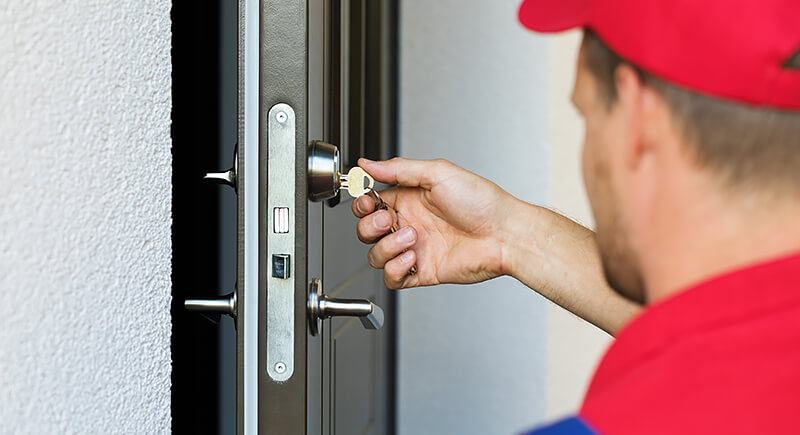
Who knows how many people had keys before you moved in? If you haven’t changed the locks, you trust strangers you’ve never met. A locksmith visit is quick and affordable, and it’s one of the easiest ways to actually own your new space.
Ignoring Sketchy Noises
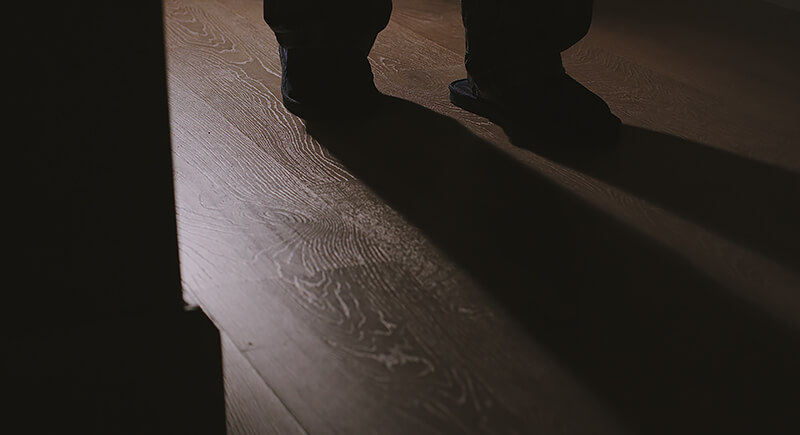
Creaks, thuds, or that weird tapping? When you live alone, you’re the only one who’ll check it out. Don’t shrug it off. Flip on a light, peek outside, and trust your gut. Most of the time, it’s nothing, but the one time it’s not, you’ll be glad you paid attention.
Letting Mail and Packages Pile Up
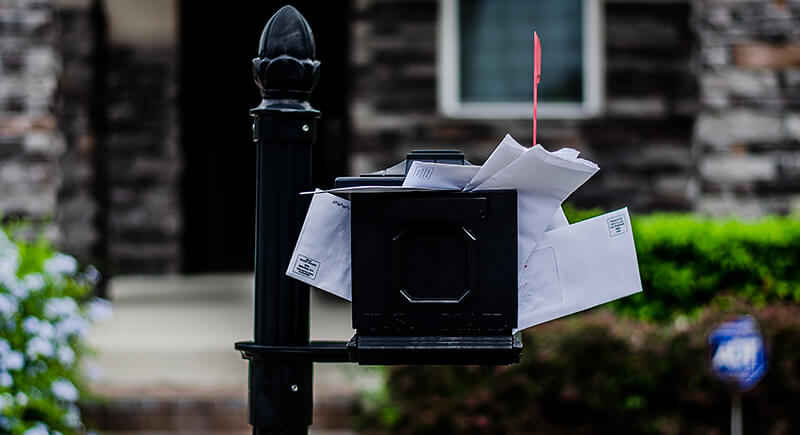
An overflowing mailbox or stack of Amazon boxes signals one thing: nobody’s home. That’s exactly what porch pirates and potential intruders want to see. A clean doorstep looks like someone’s paying attention—and that alone can deter unwanted attention.
Leaving Your Wi-Fi Network Unsecured
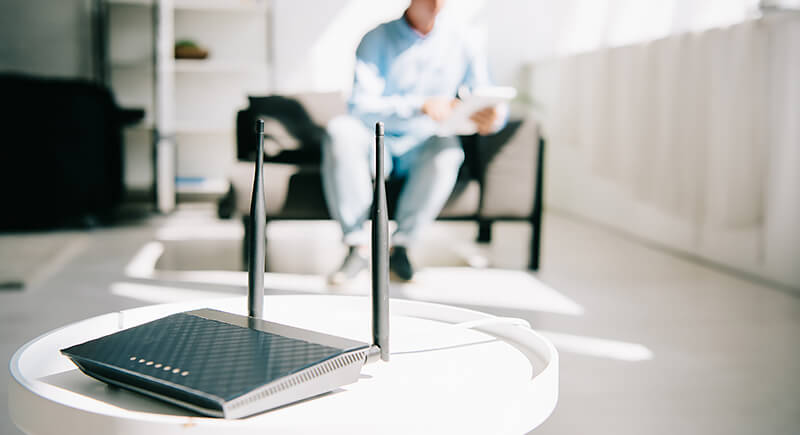
Your router’s default password might be “admin123”—and yes, hackers know that. An unsecured network is like leaving your digital front door open. Someone doesn’t even need to be inside your home to mess with your smart devices, steal data, or worse.
Not Knowing Your Neighbors
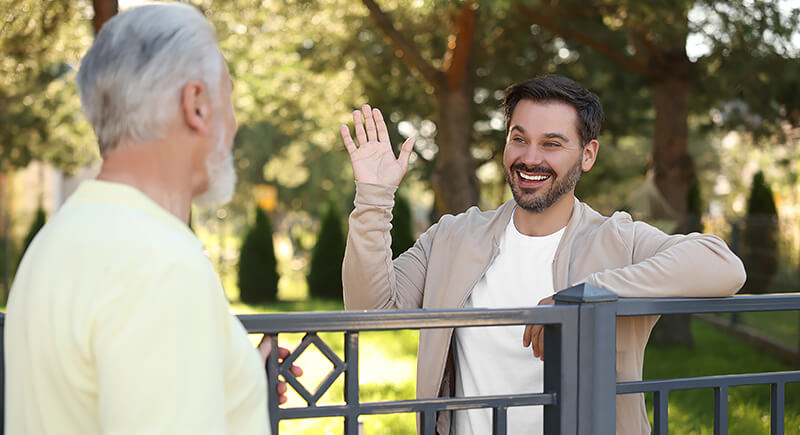
You don’t need to host block parties, but a wave and a name exchange go a long way. If something weird happens—like your lights flicker all night or a stranger lurks outside—neighbors who know you are more likely to notice. A little connection helps keep the whole street safer.
Trusting a Pet as Your Only Security System
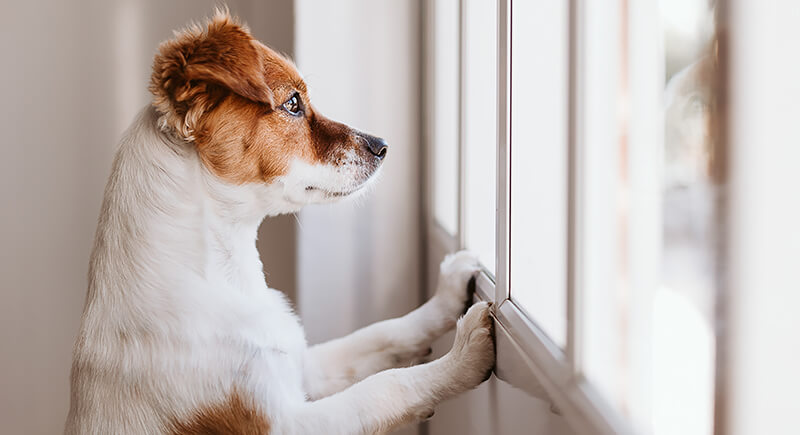
Dogs bark and cats glare, but neither can call for help. While a pet might scare off a casual intruder, they’re no replacement for locks, alarms, or cameras. Sure, over 60% of burglars avoid homes with dogs, but if they’re determined, your pet won’t stop them.
Relying on a Spare Key Under the Mat
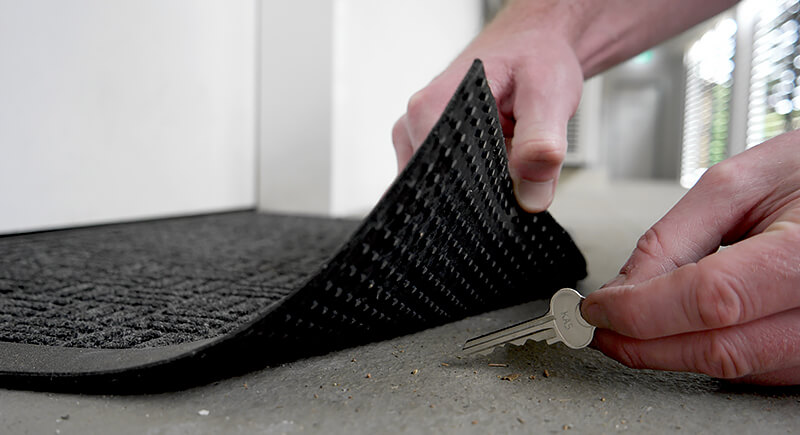
Leaving a spare key under the doormat or in a flowerpot is almost an open invitation. These are the first spots someone will check. If you need a backup, use a lockbox with a code or hand a key to a friend or neighbor you trust. Hiding spots aren’t fooling anyone.
Avoiding Minor Fixes That Matter
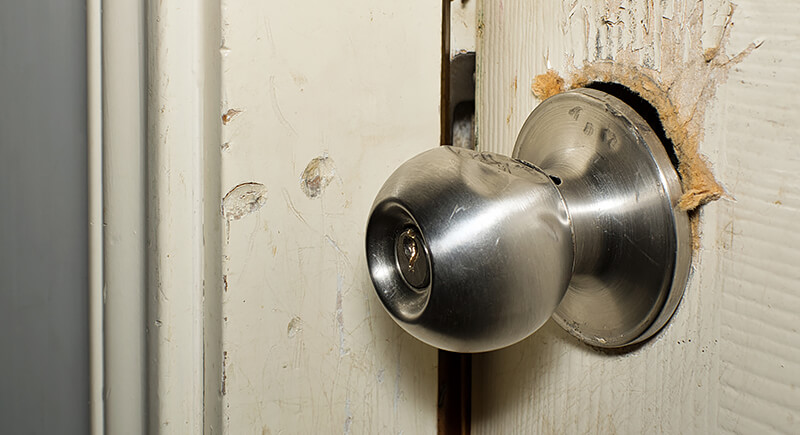
A loose doorknob or broken porch light might not seem urgent until the day it becomes a real problem. That sticky lock could jam during an emergency, and that lightbulb might be your only visibility at night. Staying ahead on small maintenance tasks avoids bigger headaches later.
Skipping Renter’s Insurance
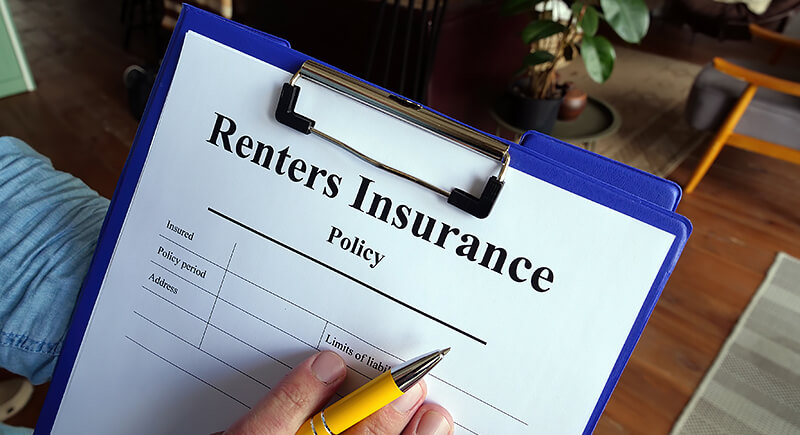
If something goes wrong—fire, theft, water damage—you’re on the hook. Renter’s insurance is often cheap and covers more than people think. Many solo renters skip it to save money, but the financial fallout from one disaster makes it a smart move.
Leaving Devices Uncharged Overnight
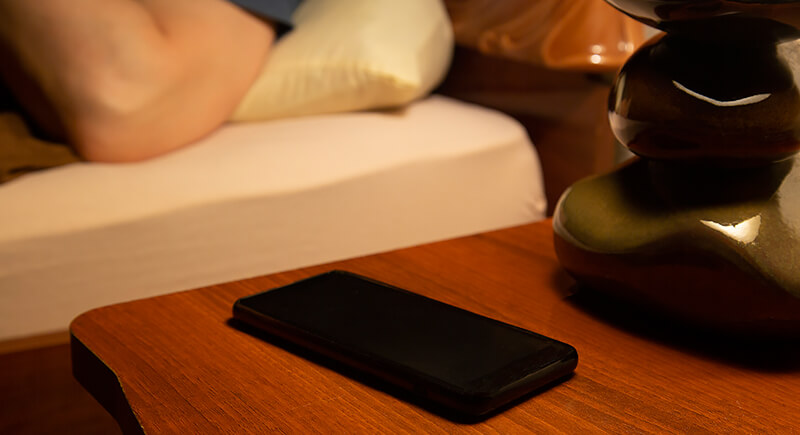
Phones die at the worst moments. If yours goes out while you sleep, you could miss weather alerts, emergency calls, or security notifications. Living solo means having fewer layers of protection, so don’t let a dead battery be the thing that leaves you disconnected.
Letting Strangers Know You Live Alone
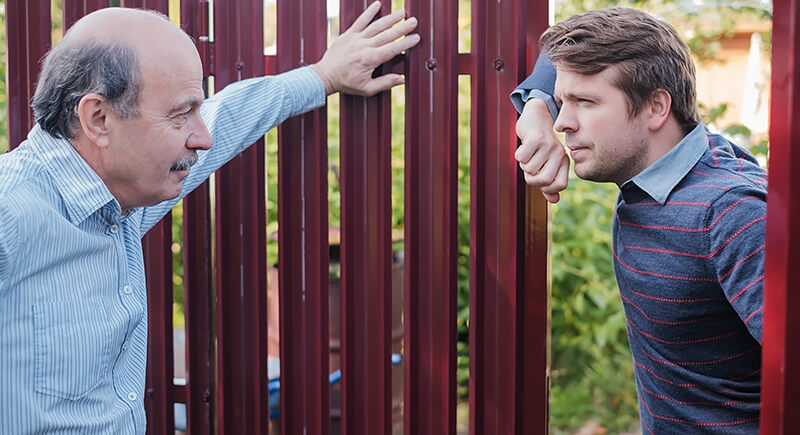
It slips out easily—small talk with a rideshare driver, chatting in line, a joke at the dog park. You don’t know who’s listening or how that info might be used later. Be vague when it comes to personal living details, especially with people you don’t know well.
Not Having a Check-In Routine
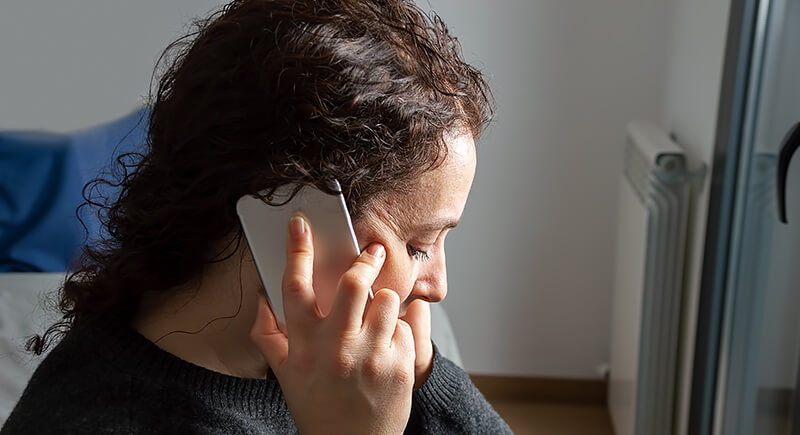
A lot of people living alone skip regular check-ins. But if something goes wrong, it could be days before anyone notices. Forgetting to set up a simple routine—like a quick call or text to a friend—can leave you on your own when you need help most.
Not Learning Basic Self-Defense
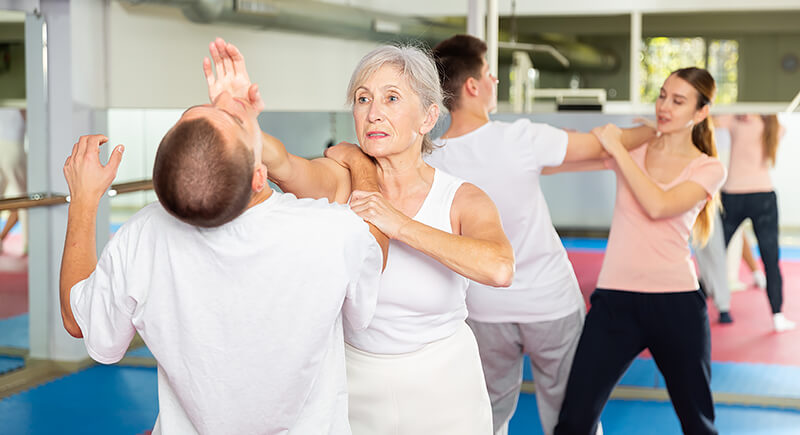
You don’t need fancy moves, but basic self-defense goes a long way. Local classes are usually easy to find and don’t cost much. Even simple skills, such as how to get out of a grip or call for help, can give you more confidence if something ever happens.